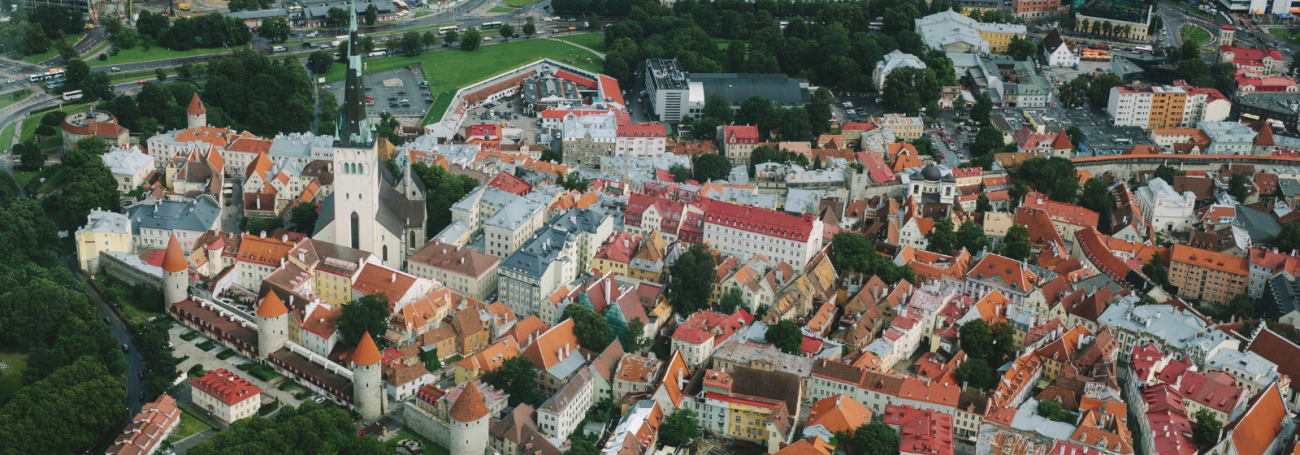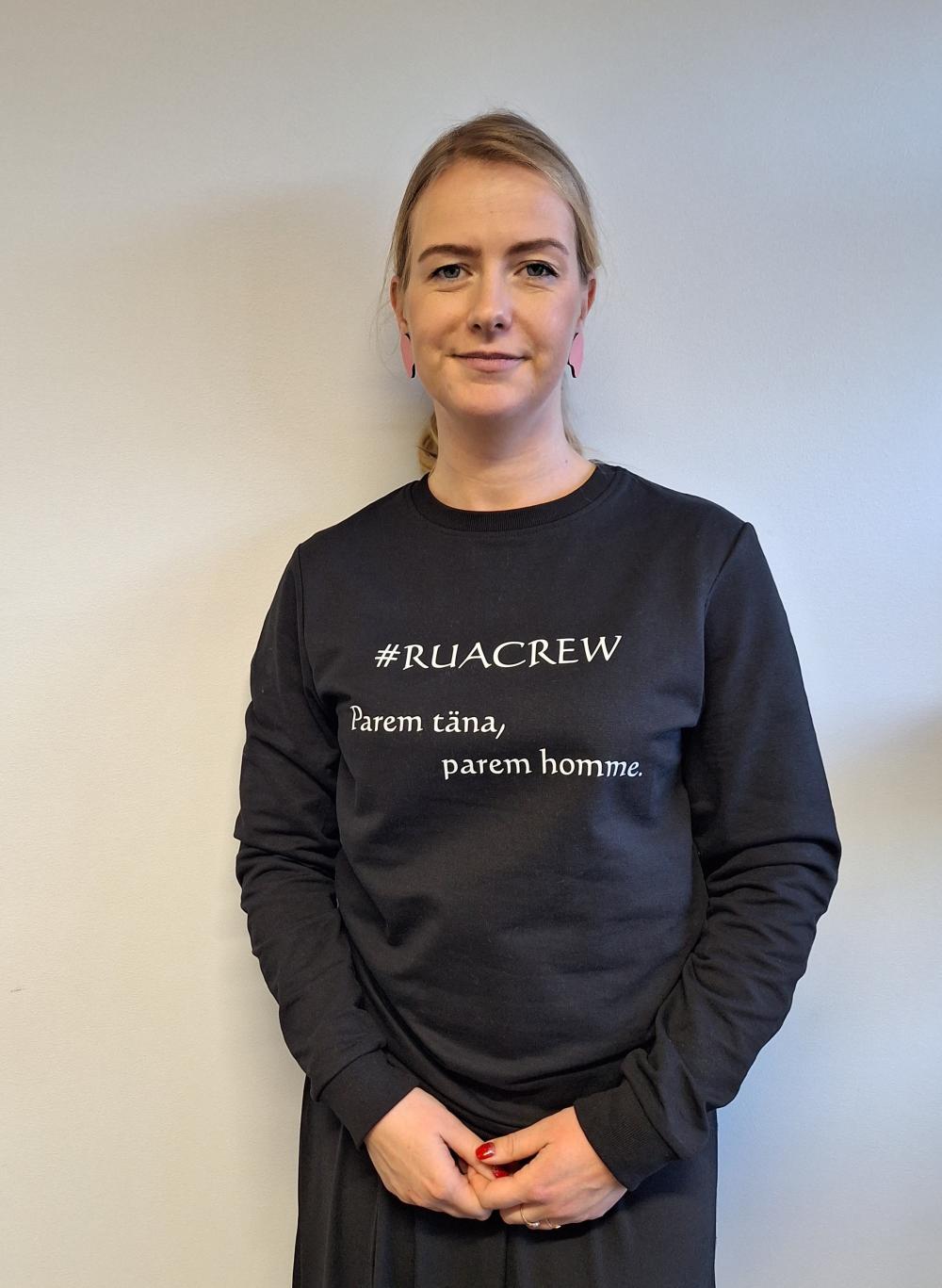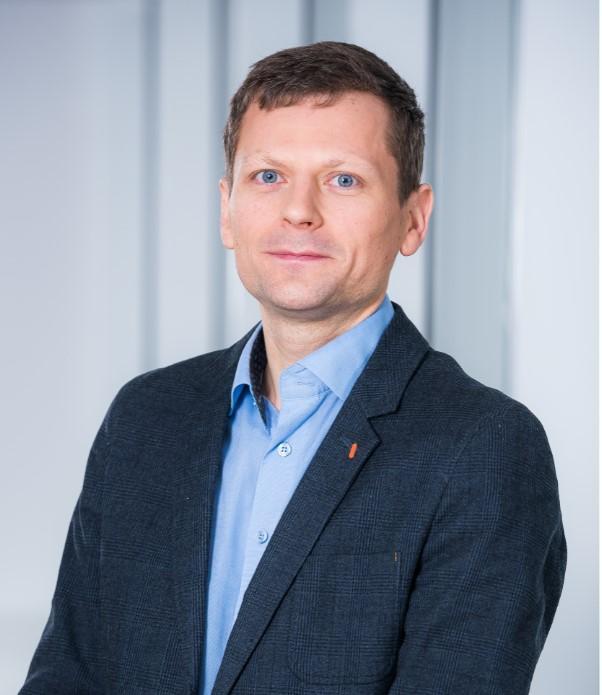Restorative Justice in Estonia
Joel and Stanislav explains that restorative justice was introduced in Estonia for the first time by a handful of prison chaplains 15 years ago. Simultaneously, mediation became available through victim support services. It is important to note, that at the time, the detention system was struggling with numerous challenges, partly inherited from times when the country was a part of the Soviet Union. These had to be faced before restorative justice progress became a real possibility.
A second stage of restorative justice development was enabled in 2019, by a project funded by the ‘Norway Grants’, which strived to set up a restorative justice volunteers’ system. This project — coordinated by the Social Insurance Board — enabled a more systemic innovation. It set up a framework of extensive training and coordinating the work of restorative justice facilitators. The project was based on the recognition that “we should not put children into closed institutions, but use alternatives to prevent reoffending”, as Stanislav explains. It concentrated on children and young people, and offered restorative services delivered by trained volunteers.
During the years 2020-2023 almost 150 volunteer conflict mediators have been trained, and a training model has been established with a group of professionals who can offer training. They have followed courses by various professionals across Europe, including specialised trainings organised by the EFRJ, such as the Summer Schools or the Winter Academies.
When Annegrete started to work at the Social Insurance Board, it was one of her responsibilities work out the model for training restorative justice volunteers and how they will start to work. She realised that they didn’t have any trainers in Estonia with practical experience. So when she took part in the EFRJ’s Summer School in Gdańsk in 2019, and met Dr Belinda Hopkins, she knew that her model could be useful for Estonia because it is simple and structured. “By today we have adapted the model of training for us and our context.” tells Annegrete.
Annegrete and Stanislav both work as volunteer mediators and trainers. Free time is increasingly becoming a scarcity in Stanislav’s life, as coordinating tasks at Ministry leave less and less room for doing voluntary work. “The last time I took on a new case a year ago, that tells a lot.”
In the past two years facilitators started to get specialised in working with cases of domestic violence as well. This is a new area in which restorative justice became available in Estonia recently. Using restorative justice responses as a relatively prevalent response to intimate partner violence and domestic violence cases distinguishes Estonia from most of the European countries.




